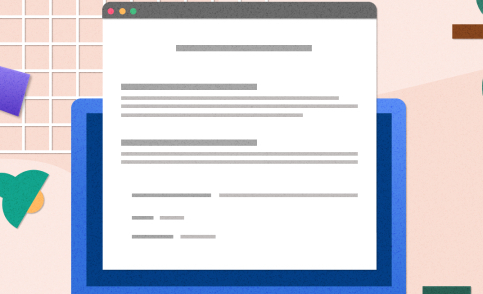Rethinking Journal Quality Metrics
Atena2024-02-29T10:51:30+03:30Rethinking Journal Quality Metrics: Beyond Impact Factor In the academic world, the pursuit of knowledge dissemination and scholarly excellence is underpinned by the quality of journals in which research findings are published. Traditionally, the impact factor has served as the gold standard for assessing journal quality, but its limitations and biases have sparked debates about its efficacy as the sole indicator of scholarly merit. This article critically examines the question: Is impact factor the best indicator for journal quality? Understanding Impact Factor: The impact factor, introduced by Eugene Garfield in the 1960s, quantifies the average number of [...]










